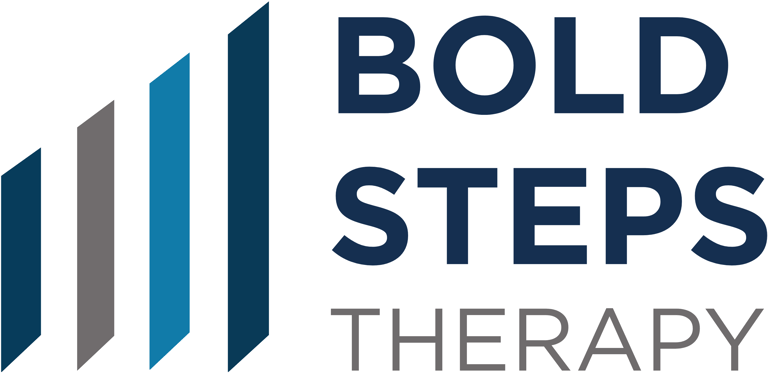Training Services


From Hurt to Healing
Mental Health Awareness for Church Leadership
Church leaders are often the first to notice when someone in their congregation is struggling—but too often, they don’t feel prepared to respond. This training is designed to empower pastors, ministry staff, and lay leaders with the tools to recognize, respond to, and refer individuals facing mental health challenges. Bold Steps Therapy is pleased to offer this training free of charge.
Training Focus Areas:
Understand Common Mental Health Issues - Learn the signs and symptoms of depression, anxiety, trauma, and other common mental health conditions—especially how they might present uniquely in church settings.
Recognize Red Flags and Emergencies - Gain the confidence to identify when someone may be in a mental health crisis and how to respond with both compassion and safety in mind.
Know What to Say (and What Not to Say) - Develop skills in compassionate communication—how to hold space for someone in distress, how to de-escalate tension, and how to avoid harmful or dismissive language.
Make Effective Referrals - Learn when and how to refer individuals to mental health professionals and how to build a referral network that aligns with your church’s values.
Build a Trauma-Informed Ministry
Explore how to structure your church’s ministries, programs, and leadership approach in ways that promote healing, safety, and dignity for everyone—especially those with trauma histories.
Who Should Attend
Pastors, ministry leaders, youth leaders, small group facilitators, and anyone serving in a caregiving or leadership role within the church.
Why it Matters:
Mental health is not separate from spiritual health. As the Church continues to be a refuge for many, this training helps leaders better care for the whole person—mind, body, and spirit—without overstepping professional boundaries or neglecting spiritual care.
What to Expect:
This is not a lecture-style presentation. It’s a hands-on, interactive training designed to meet the real needs of your church community. Here's what to expect:
Pre-Training Consultation - Before the training, the trainer will meet with your ministry leader to learn more about your church, congregation, and current concerns. This ensures the content is tailored to your specific context and community.
Active Participation - Expect discussion, role-playing, and real scenarios. This is a safe space to ask questions, practice what to say, and get practical guidance you can apply immediately.
Time Commitment - Churches should set aside 2 hours for the full training experience. This gives space for learning, interaction, and Q&A.
Church Responsibilities - The church should provide an appropriate space for the training. Church leadership should ensure key staff, leaders, and ministry workers are present. Furthermore, the church is expected to coordinate any needed tech or materials for in-person or virtual settings
Take-Home Resources - Each participant will receive a 1-page they can use after the training—including conversation guides, referral tips, and mental health red flag checklists.
© 2025. All rights reserved.
Contact
(214) 351-1775
info@boldstepstherapy.com
8204 Elmbrook Dr. #260 Dallas, TX 75247
Virtual for Clients in CO and TX
Bold Steps Therapy, PLLC
A Space for Healing and Growth
